Pioneering the way
In a 20m2 laboratory at the Center for Excellence and Innovation of the Vietnam National University of Agriculture, Ms. Nguyen Thi Hong and Ms. Pham Thi Diu (Faculty of Food Technology) are working hard on a liquid chromatography-tandem mass spectrometry (LC-MS/MS) system to analyze biogenic amines in fermented foods.
The equipment here is worth about 50 billion VND and this Center has 20 laboratories with many similar modern equipment serving the research activities of lecturers as well as students of the Academy.
Over a cup of tea, Associate Professor Dr. Nguyen Hoang Anh - Head of the Department of Food Technology told me about his and his colleagues' nearly 10-year journey of pioneering research on biogenic amines as well as its common presence in many traditional fermented foods of our country such as fish sauce, fermented bean paste, chili sauce, fermented pork rolls, sour meat as well as beverages such as wine, beer...
Silla Santos defines biogenic amines as organic bases with acyclic, aromatic or heterocyclic structures that can be found in some foods. Biogenic amines such as histamine, tyramine, tryptamine, phenylethylamine... when consumed beyond the permissible threshold will cause many harmful symptoms to users such as headache, diarrhea, vomiting, allergies, increased heart rate, increased or decreased blood pressure.
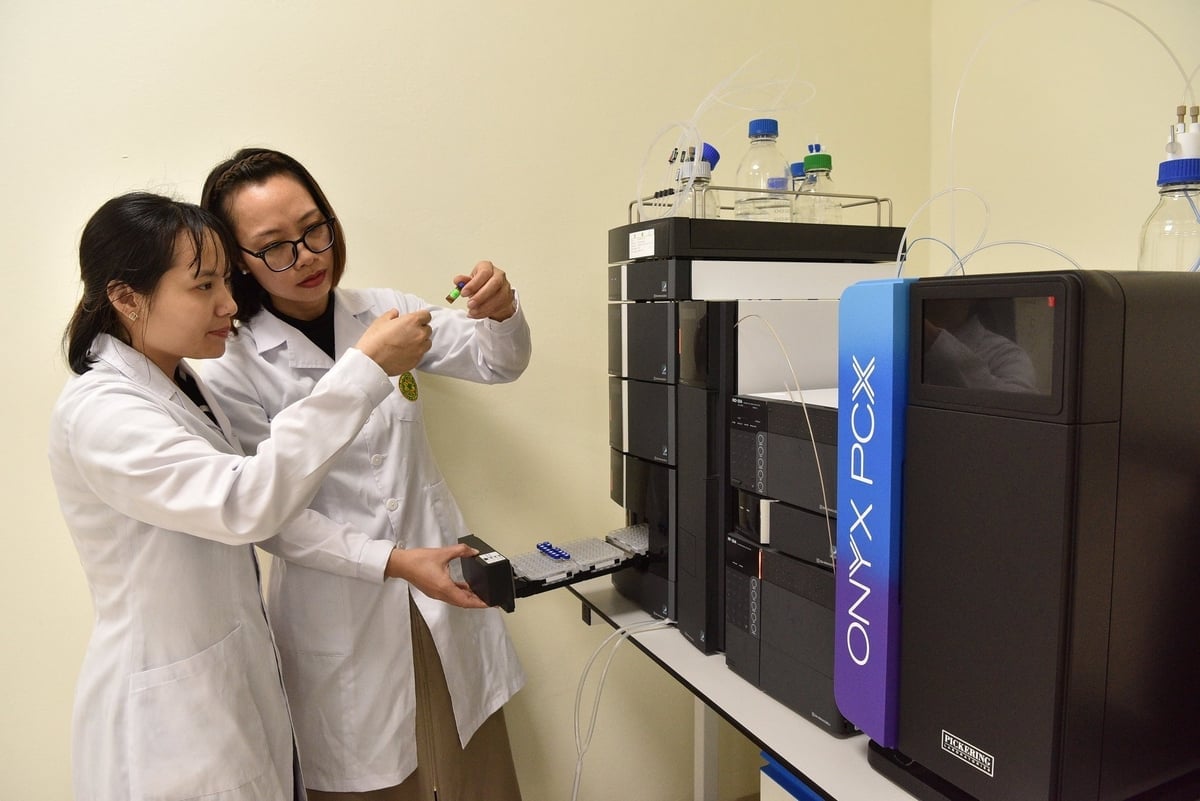
Scientists from the Faculty of Food Technology (Vietnam Academy of Agriculture) research on biogenic amines. Photo: Duong Dinh Tuong.
According to Associate Professor Dr. Nguyen Hoang Anh, traditional fermented foods are not only food and drinks but also culture, a long-standing habit of Vietnamese people that cannot be abandoned. However, their disadvantage is that the input materials of the production process may not be fresh, the producer may lack scientific knowledge, so during the fermentation process it is difficult to control external microorganisms that contaminate, decompose amino acids into biological amines, reduce product quality as well as cause poisoning to consumers.
Protein-rich raw materials from animals or plants, if not properly preserved or used for fermentation, often have a high risk of producing biogenic amines, causing poisoning. The most recent case of mass poisoning on June 28, 2024 occurred with 127 workers of the Song Cam Shipbuilding Joint Stock Company after eating mackerel. Analysis showed that the histamine content in the braised mackerel food sample that these workers ate was 40 times higher than the maximum allowable limit in frozen seafood. Or less seriously, headaches when drinking beer or wine are mostly due to the high content of biogenic amines, so it is also necessary to analyze and find solutions to overcome them.
The world has long been concerned about the issue of biogenic amines in food, but in Vietnam this is still a new issue. Scientists from the Vietnam Academy of Agriculture want to study biogenic amines to improve food safety for traditional products as well as create opportunities to export them.
“Normally, we eat and drink traditional fermented products in small quantities without any health problems, and we don’t need to worry about the biological amines in them. But if we want to build a brand for export, we must take this issue seriously. From there, we oriented our research to come up with a process to support people and businesses to ensure food safety,” Associate Professor, Dr. Nguyen Hoang Anh shared.
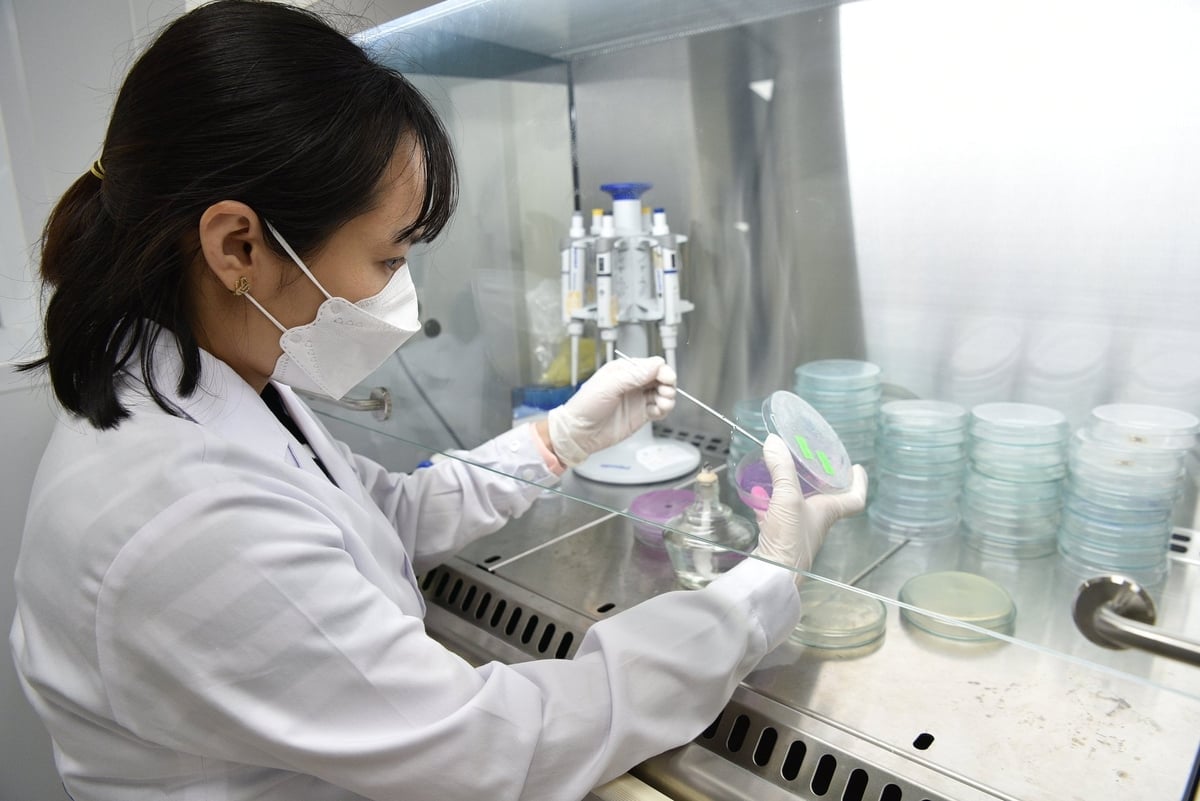
Laboratory of the Center for Research Excellence and Innovation of the Vietnam National University of Agriculture. Photo: Duong Dinh Tuong.
Analysis of fermented products in many regions
Following that direction, scientists from the Vietnam Academy of Agriculture have conducted surveys on traditional fermented products such as soy sauce, chili sauce, nem chua, and fish sauce in many regions. They have developed a liquid chromatography analysis method to accurately measure the content of biogenic amines.
Traditional fish sauce products also have areas with low levels of biogenic amines, especially histamine, while other areas have high levels, depending on whether the fish used is fresh or spoiled, the climate is sunny or not, and the control technology... Not only fish sauce, but also in soy sauce and fermented pork rolls, biogenic amines also appear and need further research.
Once they had a method to accurately determine biogenic amines, the research team looked for solutions to reduce their content in fermented foods. One of those methods was to use biological methods because of their higher safety. They isolated and selected safe food-grade microorganisms, taken directly from fermented product samples based on the natural rule that there are often strains of microorganisms that can decompose biogenic amines. From there, they identified these microorganisms and added them to the food fermentation process to increase safety.
In fact, when added to fish sauce production, the microbial strain helps decompose and significantly reduce histamine content. This research topic of the group was recognized by the Intellectual Property Office as a useful solution exclusive. In addition, the group also has a second direction of treating biogenic amines in the final product by cell immobilization method.
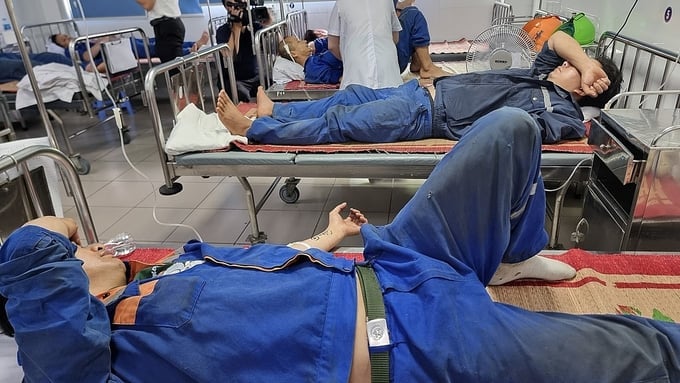
Food poisoning can occur due to biogenic amines. Photo: Vietnam Agriculture.
For example, fish sauce products ready for export will be passed through a carrier with immobilized bacterial cells, where biogenic amines will be broken down. Another direction the group is researching is using immobilized enzymes to break down biogenic amines in the product.
During the nearly 10 years of pursuing research on biogenic amines, the group of scientists from the Vietnam Academy of Agriculture has carried out a number of projects and published 2 international articles and 5 articles in domestic specialized journals. However, according to Associate Professor, Dr. Nguyen Hoang Anh, for this technology to be applied in production, associated with businesses, processing facilities and people, there is still a long way to go with much work to be done.
Currently, Vietnam does not have any standards for biogenic amines, even histamine, which is of most concern. While the Codex standard (a database on food safety jointly developed by the Food and Agriculture Organization (FAO) and the World Health Organization (WHO) stipulates that histamine in fish sauce must not exceed 400 milligrams/liter, many Vietnamese fish sauce samples exceed 1,000 milligrams/liter. Thailand is a fish sauce powerhouse, possessing advanced technology to process histamine, which helps reduce the content of this substance to very low levels.
Dr. Giang Trung Khoa - Head of the Department of Political Affairs and Student Affairs of the Vietnam Academy of Agriculture shared: "We are proud of traditional fermented products because they are not only delicious but also part of our national culture, but their food safety has not received much attention from scientists.
The research group on biogenic amines of the Vietnam Academy of Agriculture wants to make those traditional fermented products tastier, safer, more valuable, aiming to meet international standards for export.
Source: https://nongnghiep.vn/chuyen-nuoc-mam-tuong-nem-chua-va-van-de-amin-sinh-hoc-d743271.html







![[Photo] Prime Minister Pham Minh Chinh chairs the Government's special meeting on law-making in April](https://vstatic.vietnam.vn/vietnam/resource/IMAGE/2025/4/13/8b2071d47adc4c22ac3a9534d12ddc17)
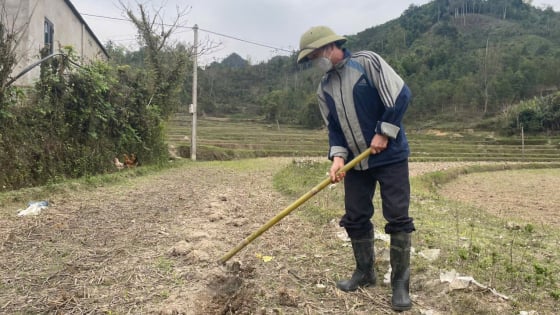
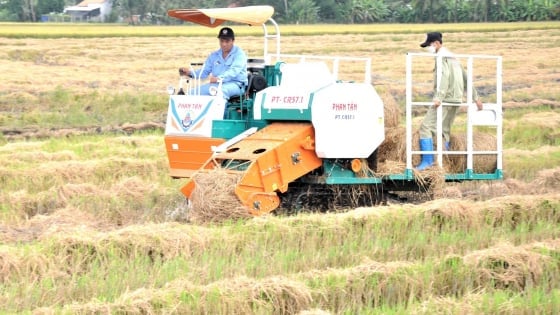



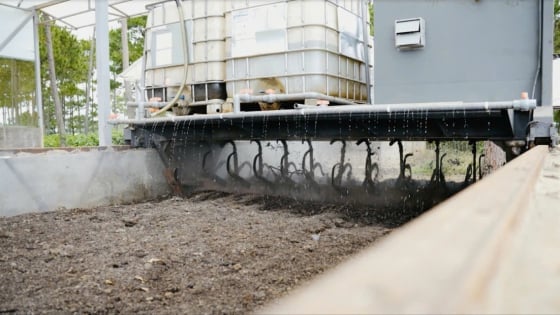



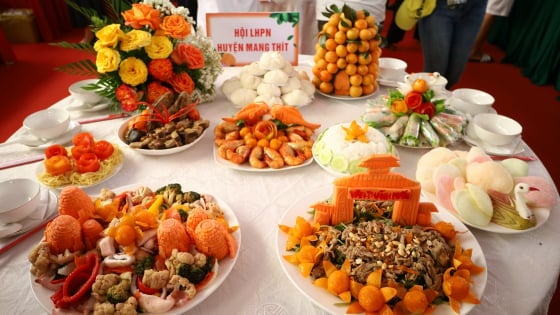

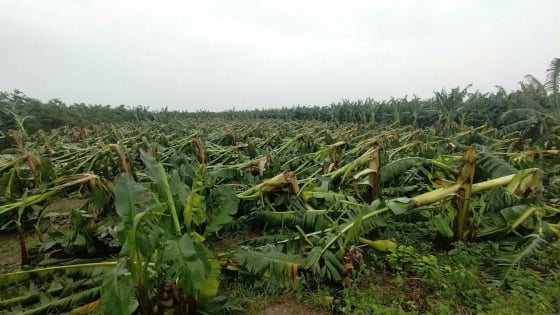
![Building the Vietnamese bird's nest brand: [Part 2] Taking off from 3 key factors](https://vstatic.vietnam.vn/vietnam/resource/IMAGE/2025/4/11/d663f78188744b9abaf7f7bda9d1f112)
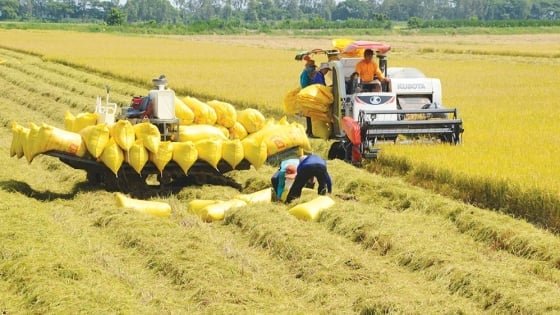
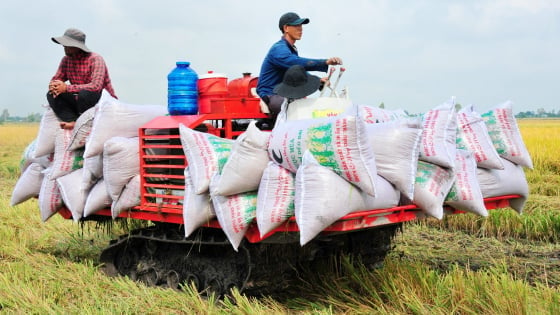

![[Photo] Closing of the 11th Conference of the 13th Central Committee of the Communist Party of Vietnam](https://vstatic.vietnam.vn/vietnam/resource/IMAGE/2025/4/12/114b57fe6e9b4814a5ddfacf6dfe5b7f)















































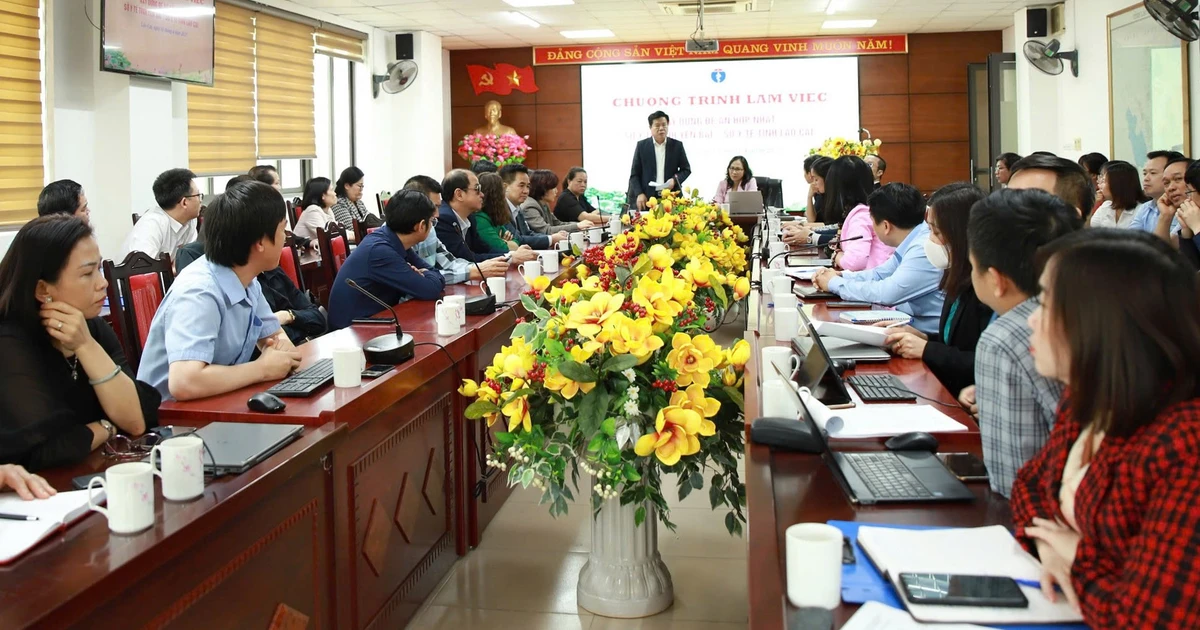



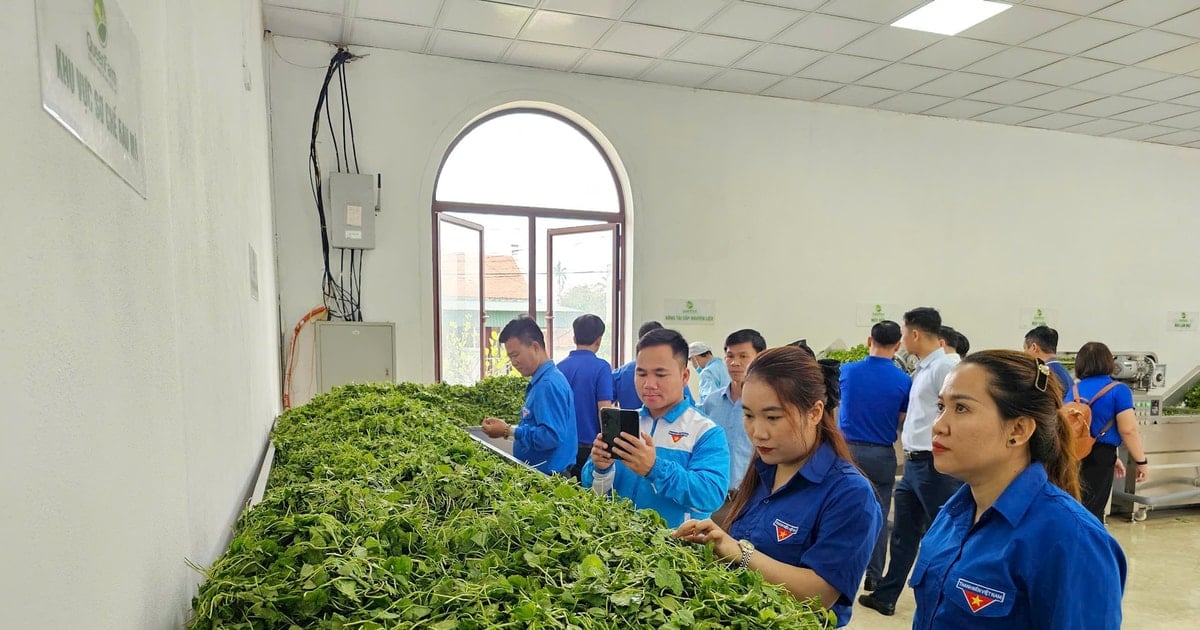














Comment (0)